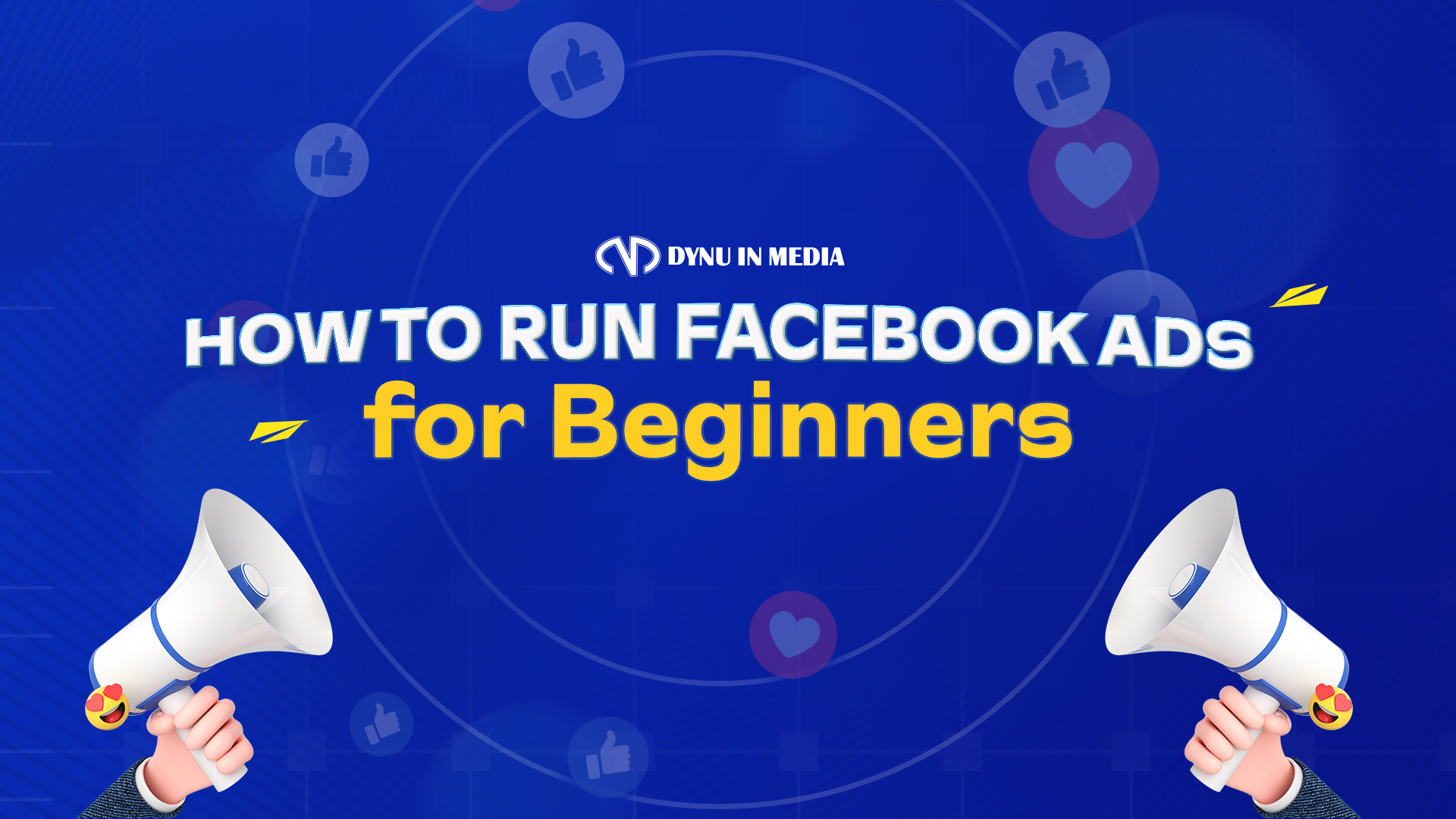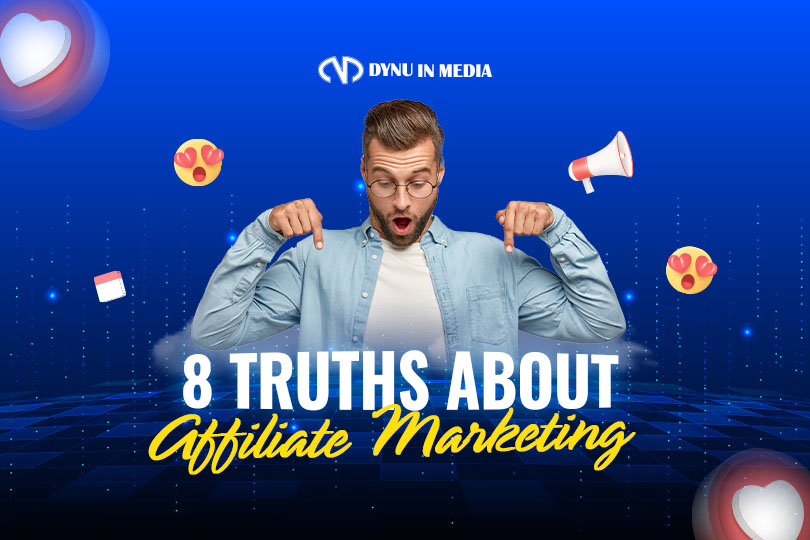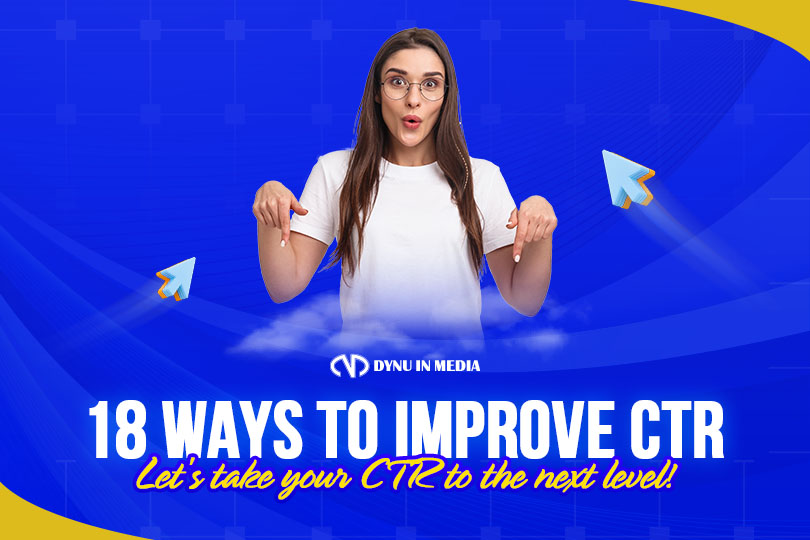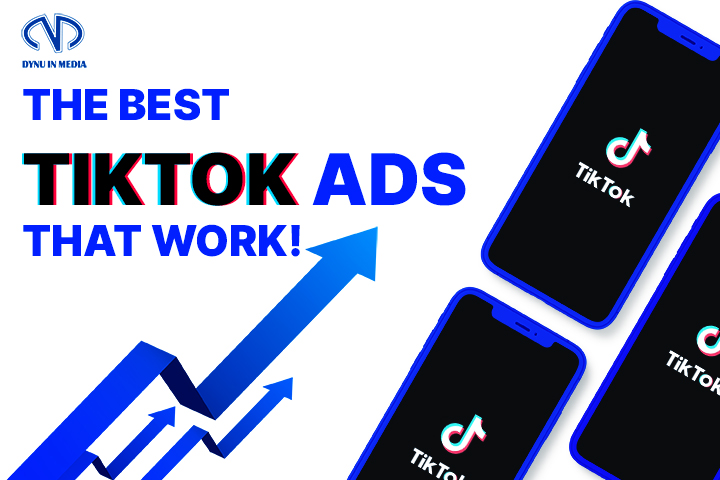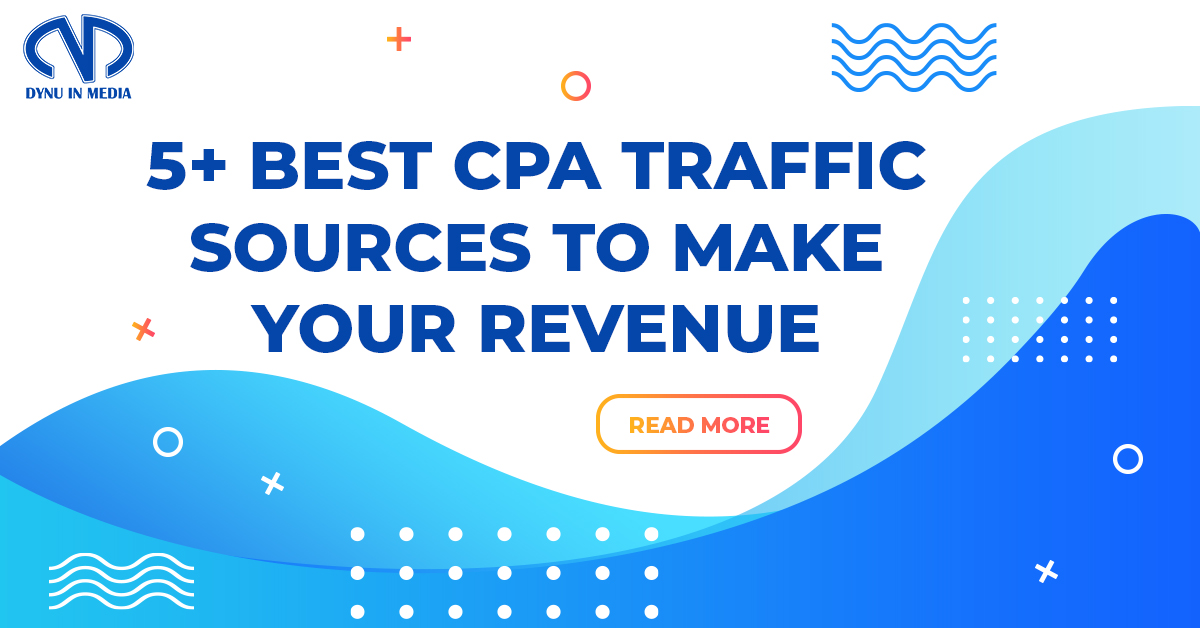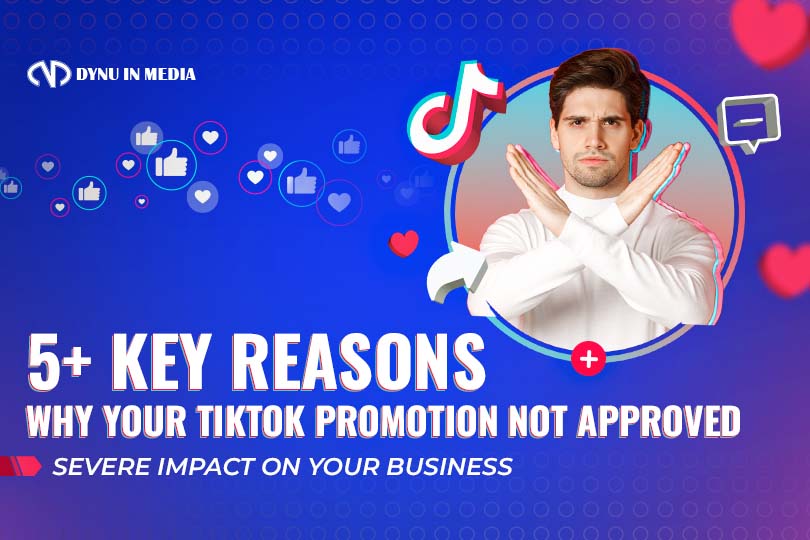Digital Marketing Vs Content Marketing: Key Differences
Many similarities between Digital Marketing and Content Marketing. However, there are some fundamental differences between the two as well. In this blog, Dynu in Media will distinguish Digital Marketing vs Content Marketing and give some tips for choosing the right marketing strategy. Let’s start to read with us!

Definition
What is Digital Marketing?
Digital Marketing includes the full “solar system” of online marketing and advertising via mobile devices, search engines, websites, social media channels, and emails. It contains organic and paid digital tactics to attract, convert, and retain customers.
We will wrap some popular forms of Digital Marketing here:

- Affiliate Marketing.
- Pay-per-Click.
- Marketing Analytics.
- Email Marketing.
- Content Marketing.
- Mobile Marketing.
- Social Media Marketing.
- Search Engine Optimization (SEO).
What is Content Marketing?
Many people often need clarification on Digital Marketing and Content Marketing. So what is truly Content Marketing? Let us help you understand it right away!
Content Marketing is one of the parts of Digital Marketing. It is a strategy that uses videos, information-rich articles, or graphics to increase sales and brand awareness.
You can use many types of content as long as they provide real utility to your customers:

- Blogs: This stands on top 1. Blogging is very important; you should write and publish industry-related posts daily. It helps increase your ranking in search, trust with clients, etc.
- Videos: One report shows that 54% of audiences want to see videos from businesses and brands they support. You can portray and visualize your brand message effectively based on your idea and creativity.
- Case studies are largely effective for leads who want to know more about your business and learn about the satisfaction and success you bring to your clients.
- User-Generated Content (UGC) is an excellent content method that actively finds the engagement and involvement of your audiences.
- Guides/eBooks provide a digestible and commonly downloadable piece of content. These offer a great chance to provide real value for your clients.
- Gated Content is behind a pop-up or contact form where you can prompt your users to enter their contact information to access this content. It is a great way to establish your contact database but ensure the exchange is fair.
- Infographics are a fun and informative way to share key information or statistics with your followers and readers. They can be used on blog images, social posts, and your website.
Digital Marketing Vs Content Marketing: Advantages & Disadvantages
With experience in both Digital Marketing and Content Marketing, we will show some advantages and disadvantages of the two forms of marketing:
|
Digital Marketing |
Content Marketing |
|
| Advantages |
|
|
| Disadvantages |
|
|
Content Marketing Vs Digital Marketing: What’s The Main Difference?
Many online blogs share the differences between Digital Marketing and Content Marketing. However, we will spot two highlighted differences that make you understand both thoroughly:
The first thing is an engagement method. Content Marketing works by building trust and providing information. It rarely tries to convert clients directly, although it may associate with other pages that do so. In comparison, many Digital Marketing tactics concentrate on driving a particular action from the first impression.
The length of time to run campaigns is the last thing. Many Content Marketing campaigns can take a long time to start. Although these campaigns can pay off massively in the long term, the content has reached many audiences. In contrast, Digital Marketing campaigns may provide instant sales or signups without long-term growth.
Can Content Marketing And Digital Marketing Work Hand In Hand?
Although Digital Marketing and Content Marketing are two different terms, both seek to gain the same goals.
These goals encompass generating leads, driving traffic, and eventually converting your audience into clients.
To create a holistic and effective marketing strategy, you let your Content Marketing help your broader Digital Marketing strategy and vice versa.
For instance, if you want to develop a Digital Marketing strategy like SEO, let’s create a blog that answers questions and offers value to audiences in your field.
By targeting keywords in your niche, you are able to show up on search engine ranking pages when audiences search for those keywords.
This will drive more organic traffic to your site, ultimately resulting in more conversions.
Similarly, you should ensure your Digital Marketing helps your Content Marketing.
Content Marketing Vs Digital Marketing: Which One Is Better?
This is quite a tough question cause both types of marketing are essential and support each other. Therefore, it is best to use a combination of content and Digital Marketing.
While Content Marketing is a great strategy that stands on its own, it sometimes needs other strategies to aid in reaping all benefits.
For instance, when creating a blog post, you need to invest in SEO to make sure it is optimized effectively to rank in search results. If you want audiences to see your blog posts, you need an email marketing or social media strategy to spread them to interested leads.
You know that Content Marketing is just one piece of a Digital Marketing strategy. So, if you want to gain the full benefits of Content Marketing, let’s create a strategy focusing on content and Digital Marketing.
Besides, you can use Content Marketing to earn money by an affiliate.
>> Click here: 4 Types Of Affiliate Content Marketing Are On The Way To Hitting Trends
Both Digital Marketing and Content Marketing have their benefits and can be used to attract and retain customers. Instead of choosing a better one, combining the two marketing types helps engage more customers and achieve objectives effectively. Hope you enjoy our blog about “Digital Marketing vs Content Marketing: Key differences” and see you in the next article by Dynu in Media.Digital Marketing Vs Content Marketing: Key Differences
